New York, Jan 25, (V7N) - The New York State Senate has passed a proposal to officially celebrate Bengali New Year (Pohela Boishakh) on April 14. The proposal, introduced by Senator Luis Sepúlveda, was passed on Wednesday and has been published on the New York Senate website.
The proposal states that official observance days are granted by the Senate to strengthen various communities living in New York State, promoting cultural diversity and awareness. In line with this long tradition, the Senate has declared April 14 as Bengali New Year Day in New York State, and they proudly remind Governor Kathy Hochul about this declaration.
The proposal further explains that Bengali New Year was introduced by the Mughal Empire in the Indian subcontinent and is celebrated in a secular manner. The holiday is marked with dance, music, and art exhibitions, and is celebrated by people of all religions and beliefs.
The determination of Bengali New Year follows the agricultural solar calendar of the Indian subcontinent, which is coordinated with the Islamic lunar calendar and the Hindu calendar. Countries in Southeast Asia like Laos, Vietnam, Cambodia, Thailand, Sri Lanka, and large parts of India also celebrate the New Year on the same day.
In 2016, UNESCO recognized the "Mangal Shobhajatra" (the procession) from Dhaka University as part of the world’s intangible cultural heritage.
New York City is home to half of the total Bangladeshi population in the United States, and many prominent figures from India’s West Bengal and Bangladesh, including Fazlur Rahman Khan, Ali Akbar Khan, Rumman Alam, Shahid Kadri, Jhumpa Lahiri, Enayetur Rahim, Debabrata Basu, Amitav Ghosh, Iqbal Kadir, Jawed Karim, Salman Khan, and Omar Ishrak, have spent important parts of their lives in New York.
Since the late 1990s, Bengali New Year has been celebrated with grandeur in areas like Queens and Times Square in Manhattan.
The New York-based Mukti Dhara Foundation has been promoting Bengali culture for over three decades and continues to introduce the history and literature of Bengal by organizing Bengali festivals and book fairs.
The proposal also mentions that Bengali leaders like Rabindranath Tagore and Swami Vivekananda have been visiting the United States since the late 19th century. Bengali immigrants began arriving in the U.S. in the late 1800s, and after Bangladesh gained independence in 1971, Bangladeshi immigrants started settling in New York City. Currently, more than 10,000 Bangladeshis immigrate to the U.S. every year, with half of them residing in New York City.
Since New York State recognizes the achievements of the Bengali people worldwide and their struggle for independence, the state legislature has now officially declared April 14 as Bengali New Year Day.
END/WD/SMA/



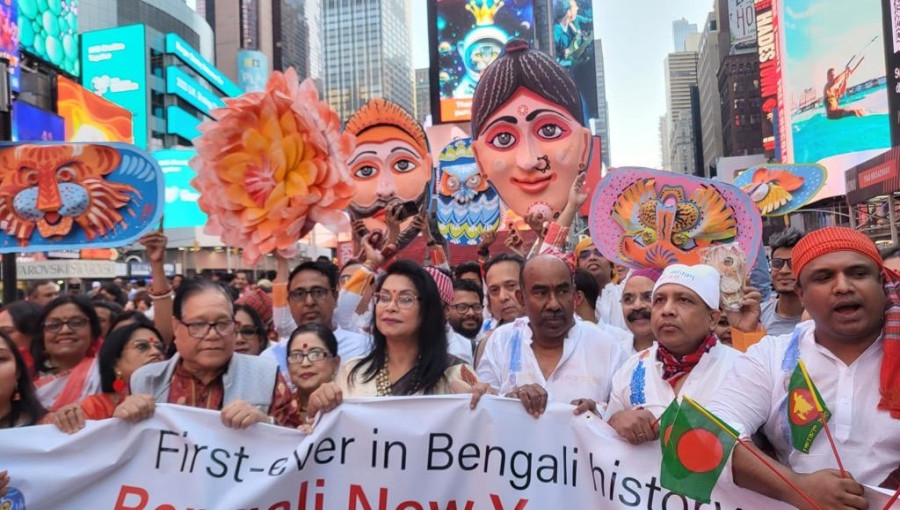
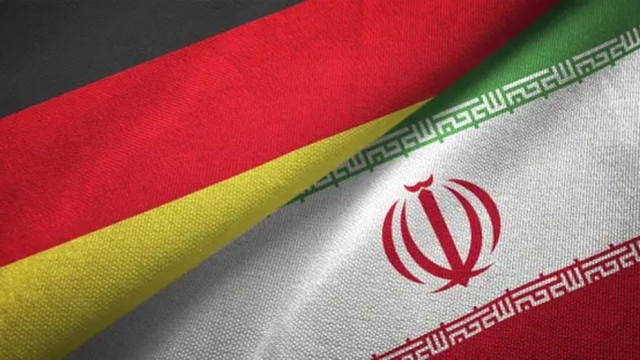
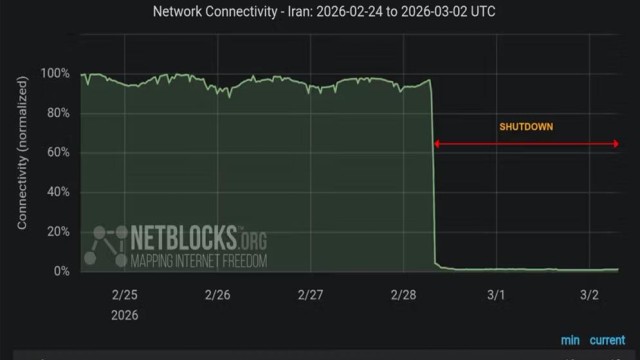



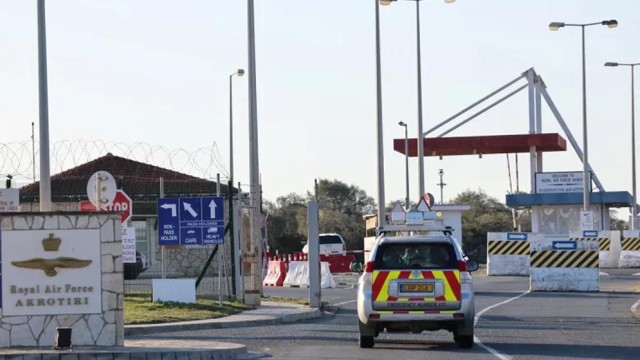
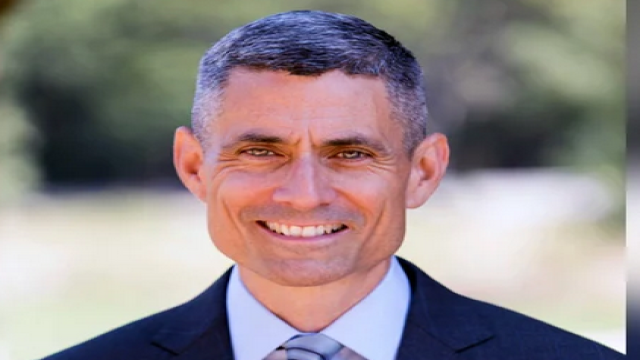
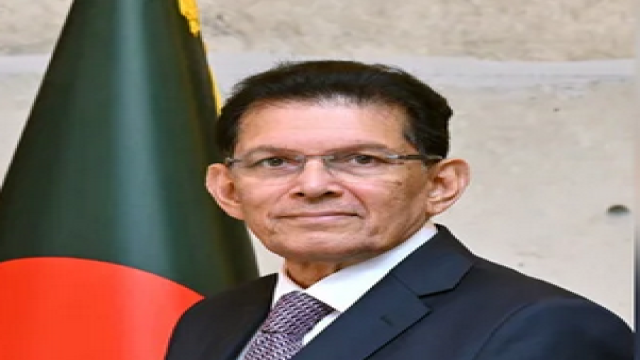
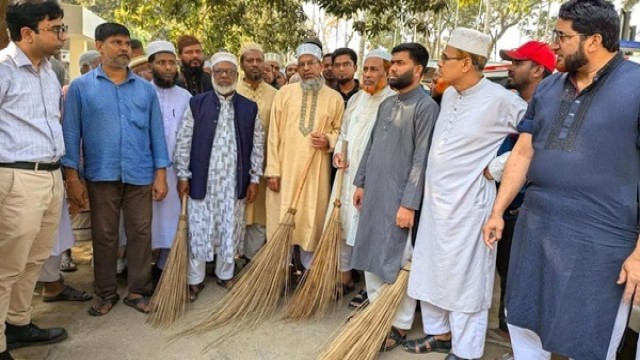
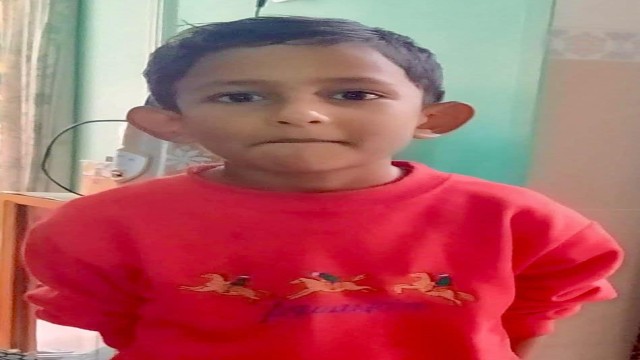
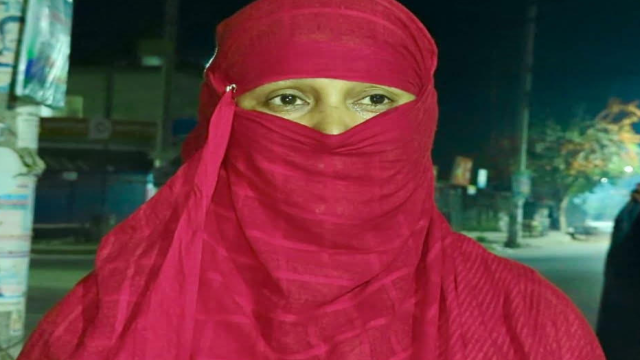

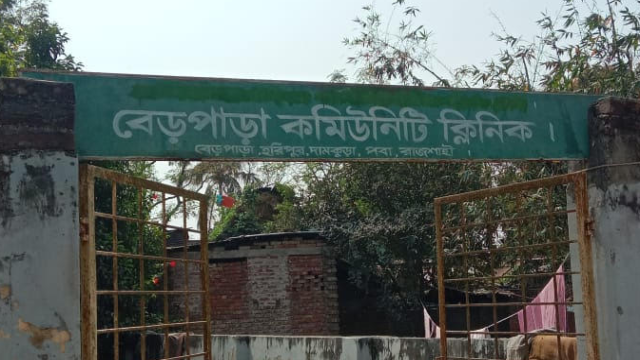


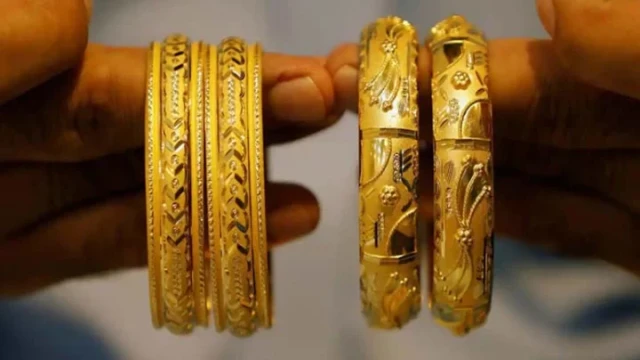











Comment: